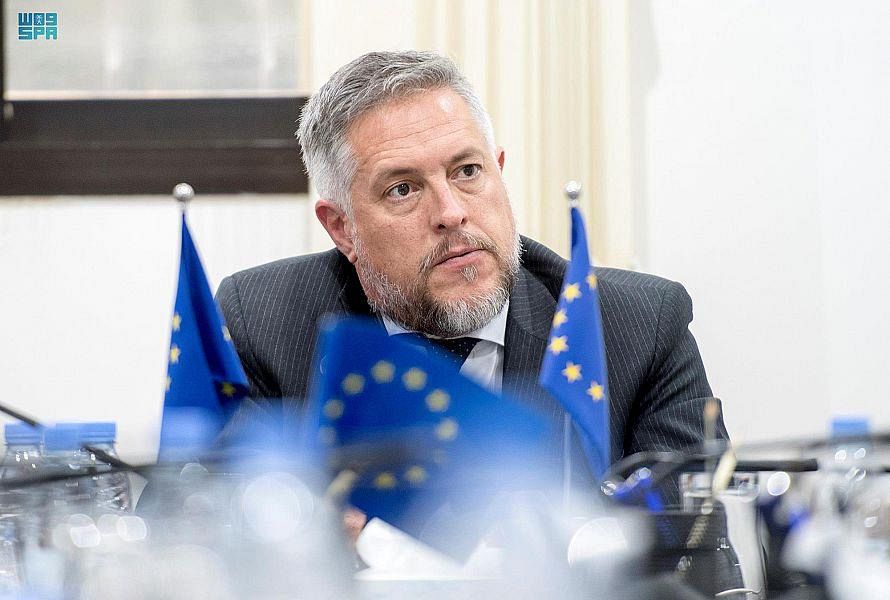
BRUSSELS: Envoys from the 28 EU member states on Wednesday unanimously rejected a proposal by the European Commission to add Saudi Arabia and other nations to the bloc’s money-laundering blacklist, European sources said.
The ill-fated plan, drawn up by the EU’s executive arm, was dismissed by Saudi Arabia as well as the US and exasperated European capitals.
The EU’s 28 interior ministers will formalize the rejection at talks in Brussels on Thursday, a European source told AFP.
The EU governments “cannot support the current proposal,” said a strongly worded draft statement that will be approved by the ministers.
EU diplomats have complained that the way the commission had drawn up the list was unclear and potentially vulnerable to legal challenges.
The list “was not established in a transparent and resilient process that actively incentivises affected countries to take decisive action while also respecting their right to be heard,” the draft said.
Salman Al-Ansari, founder of the Saudi American Public Relation Affairs Committee, told Arab News earlier this month that the list would have harmed the EU’s reputation and made its lists politicized rather than authentic and legitimate.
Dr. Hamdan Al-Shehri, a Saudi political analyst and international relations scholar in Riyadh, said the Kingdom “should never have been put there in the first place.”
The US ambassador to the European Union, Gordon Sondland, on Friday called the list “dogmatic posturing,” furious that the US territories of Guam, Puerto Rico, American Samoa and the US Virgin Islands were included.
Under the commission proposal, the new countries — which also included Panama — would have joined 16 others seen as doing too little to stop the financing of terrorism and organized crime.
Those blacklisted already include the likes of Iran, Ethiopia and North Korea.
Inclusion on the EU list does not trigger sanctions, but it does oblige European banks to apply tighter controls on transactions with customers and institutions in those countries.












